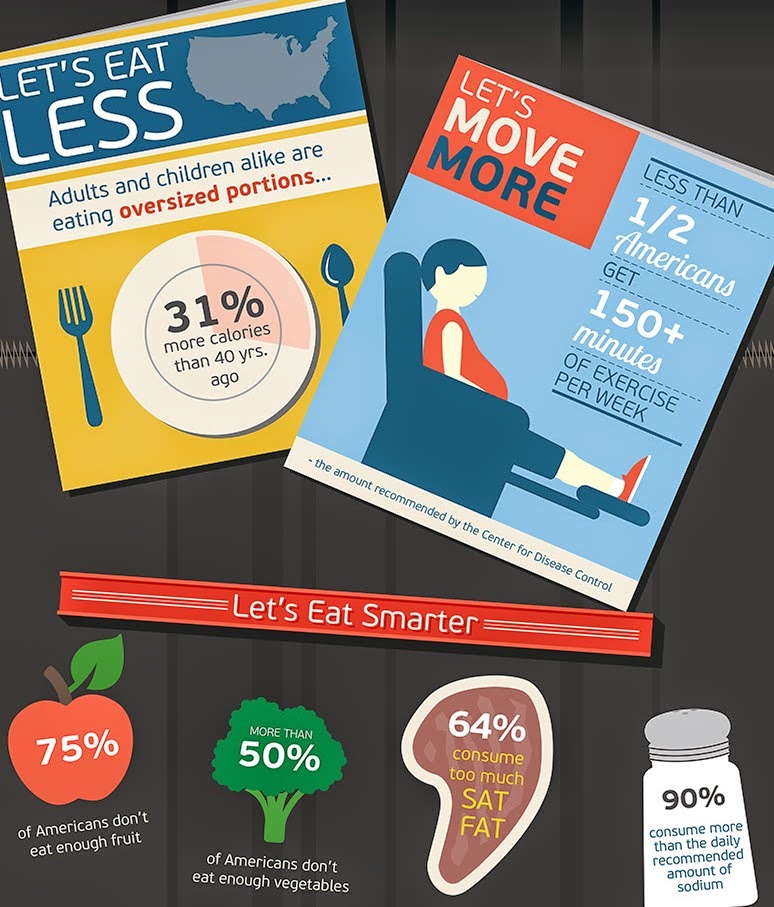Australian scientists have claimed that eating sporadically, like animals in the wild, could make people healthier and live longer.
Scientists know an extreme diet does not appeal to
many people but say their discovery could lead to ways of mimicking its
effects and pave the way for an "anti-ageing pill".
Evolutionary
biologist Dr Margo Adler, who led the research, said that cutting back
on food leads to increased rates of "cellular recycling" and repair
mechanisms in the body.
Dr Adler, of the
University of New South Wales in Australia, believes this evolved to
help animals continue to reproduce when food is scarce. Their bodies
adapt by recycling and reusing nutrients stored in the cells.
She said: "This is the most intriguing aspect from a human health standpoint. Although extended lifespan may simply be a side effect of dietary restriction, a better understanding of these cellular recycling mechanisms that drive the effect may hold the promise of longer, healthier lives for humans."
Low nutrient diet restores cells
She said: "This is the most intriguing aspect from a human health standpoint. Although extended lifespan may simply be a side effect of dietary restriction, a better understanding of these cellular recycling mechanisms that drive the effect may hold the promise of longer, healthier lives for humans."
Low nutrient diet restores cells
Researchers have indentified pathways that respond to nutrients, and particularly
protein, by dialling up cell growth rate and reproduction, and turning
down some important cellular recycling processes.
"One of them is called autophagy, which is literally means
self-eating. What they do is they allow the animal to recycle nutrients
that are stored within its own cells," Dr Adler said."And so an animal that's dietarily restricted might increase its rates of cellular recycling mechanisms so that it can get more of its own stored nutrients, so it needs fewer nutrients from the environment."
However, she says the diet may allow the body to reproduce more in the short-term.
Bottom line
Dr Adler says while the development of the drugs for human use is still a fair way off, further study of cellular recycling mechanisms may help find interventions for humans.
"The best suggestion is have a fairly low-protein diet, do exercise and you're probably doing well," she said.
In 2012, a study found that a low calorie diet can slow down ageing and
ward off diabetes, cancer and dementia. Other studies have pointed to
the need to cut food intake by about 40% to live 20 to 30% longer.




